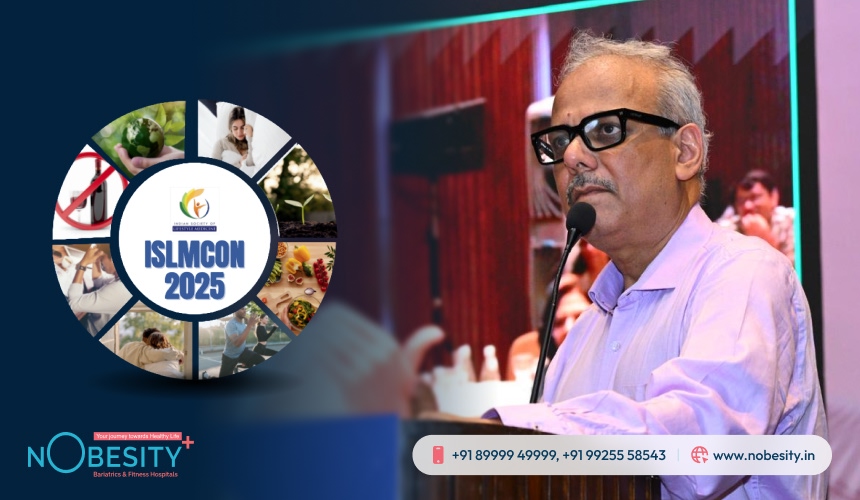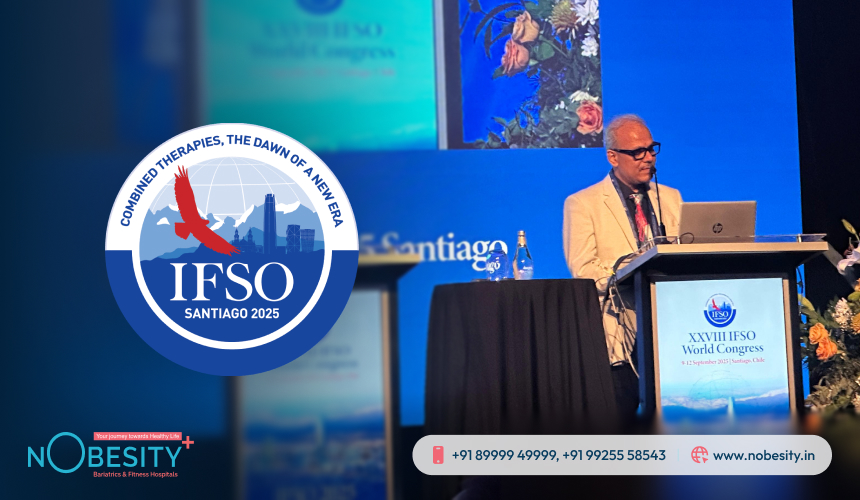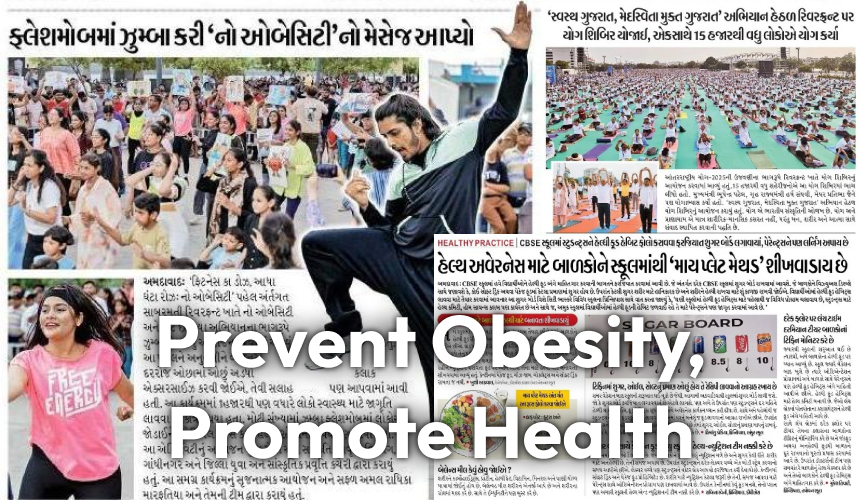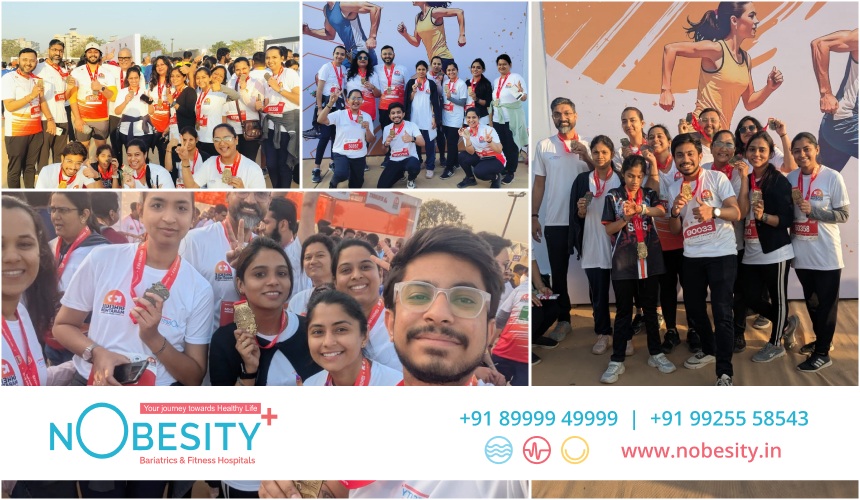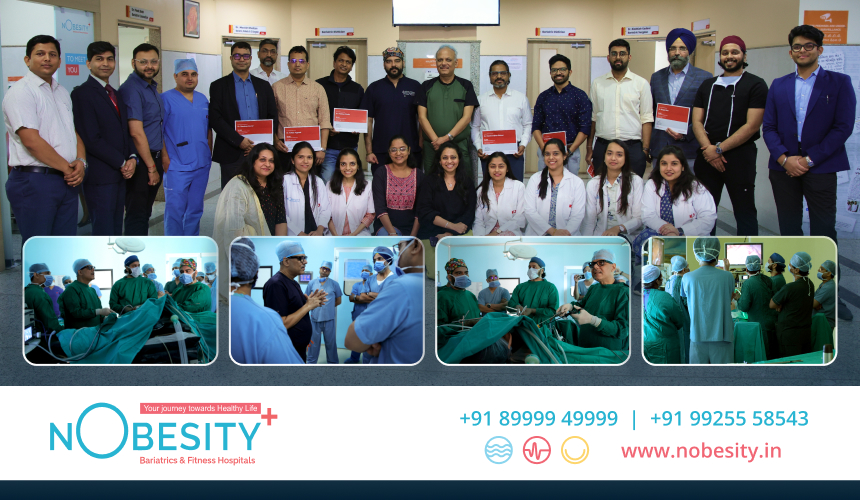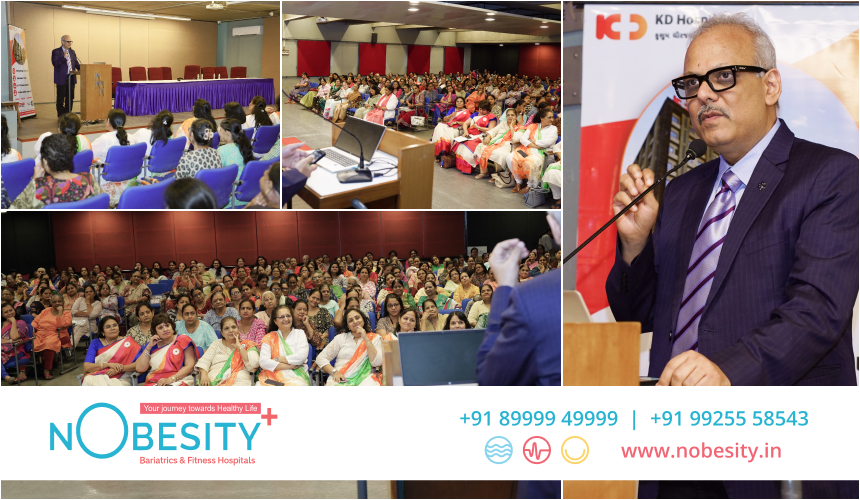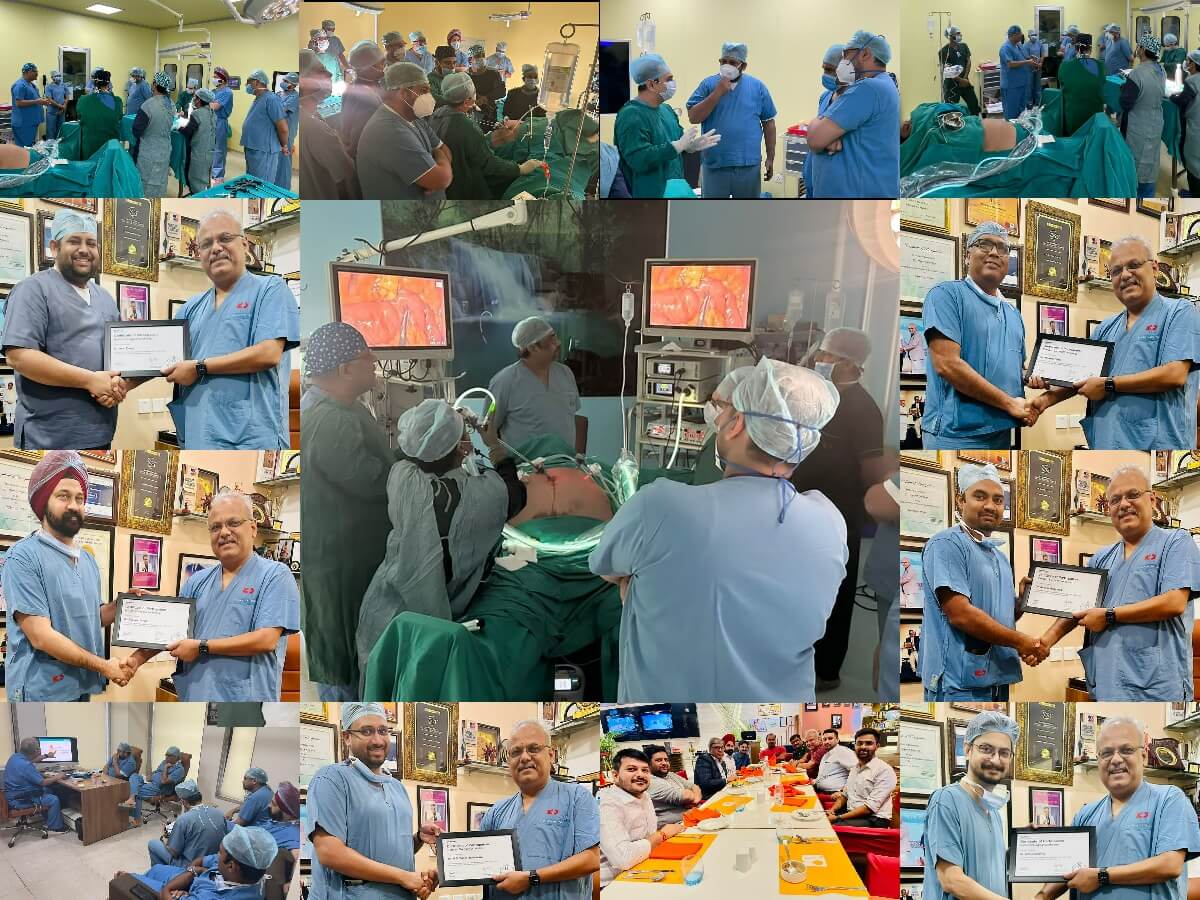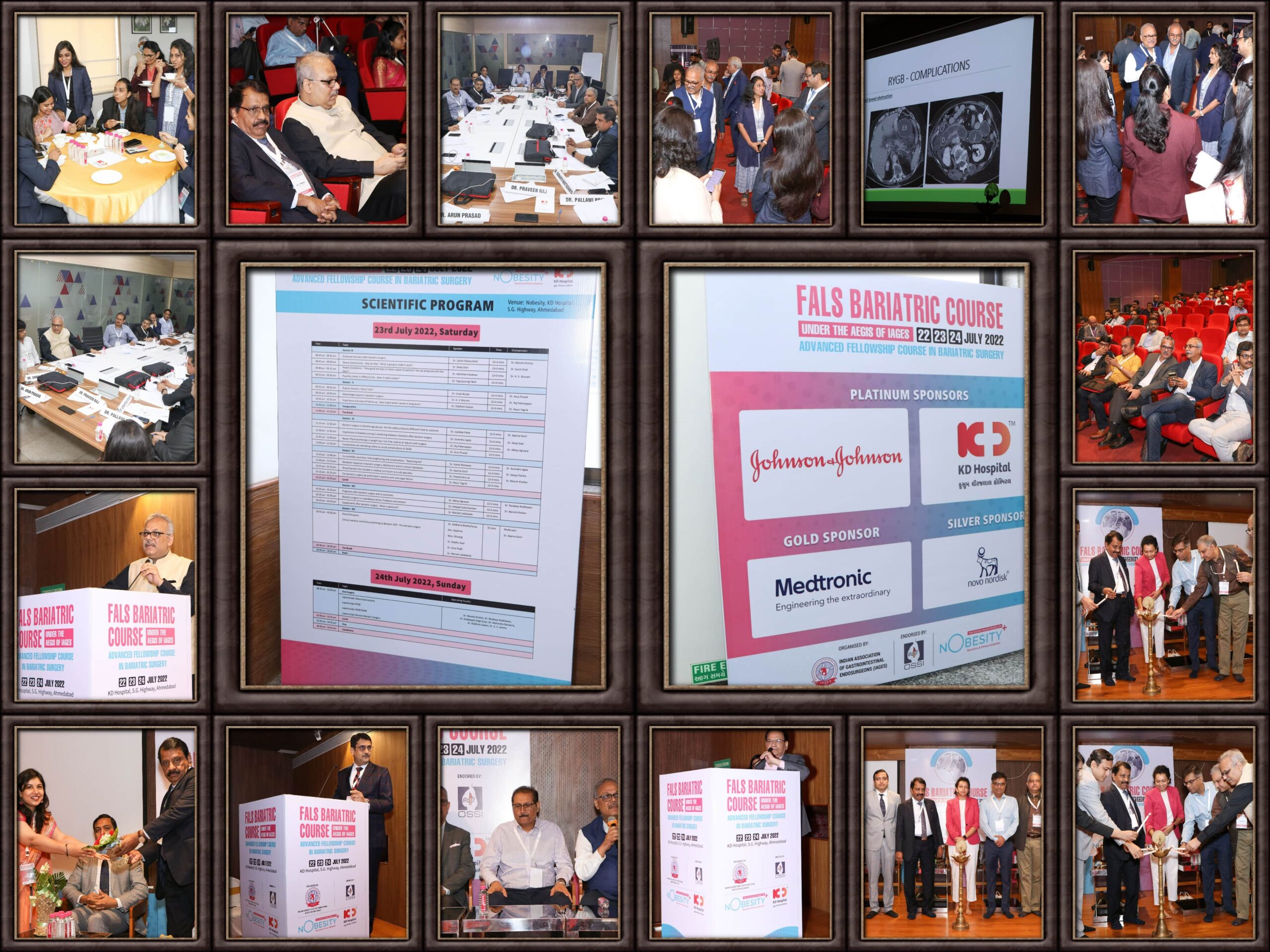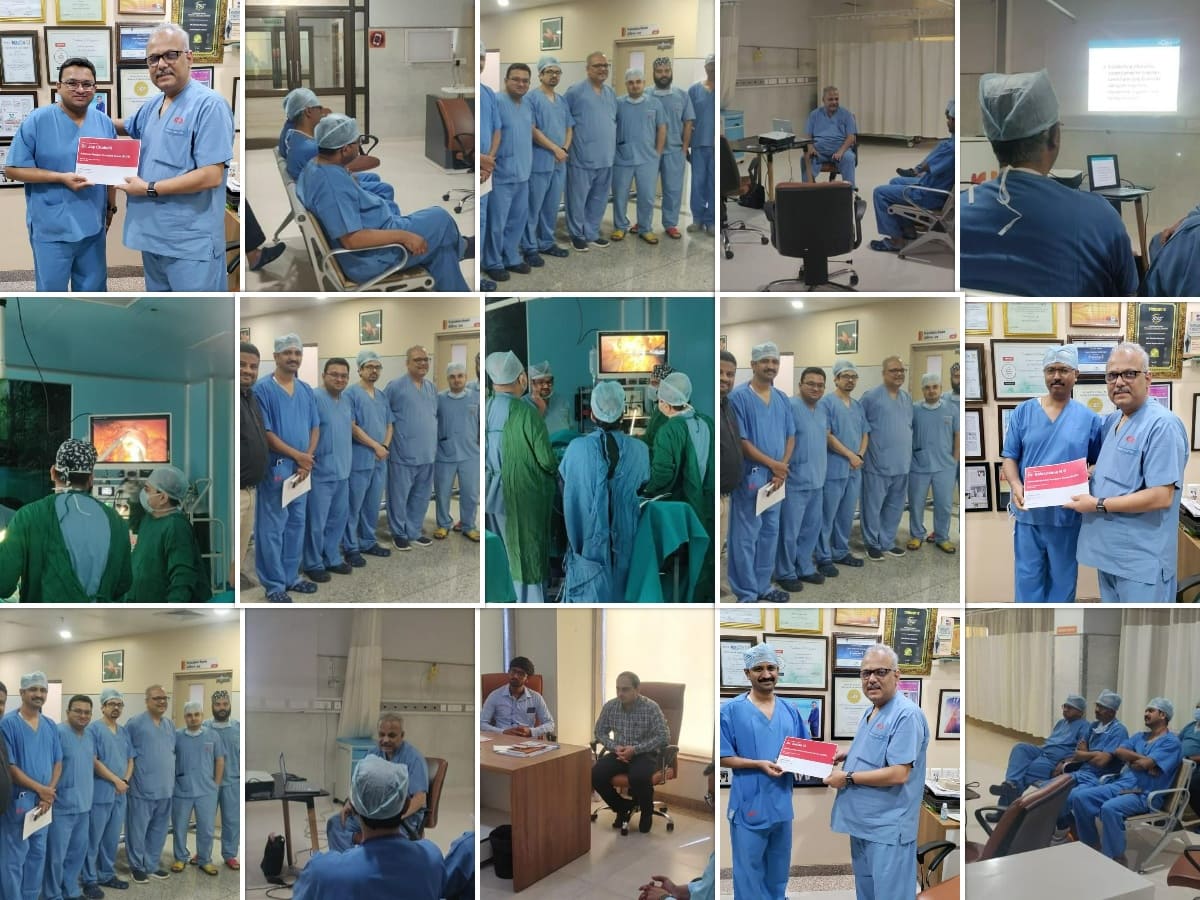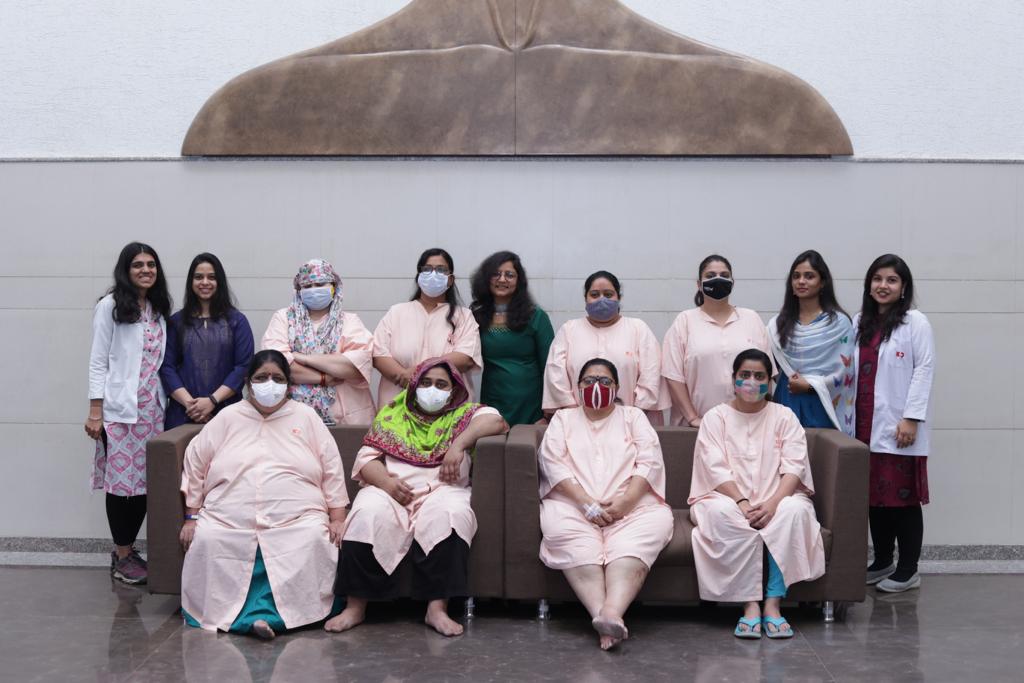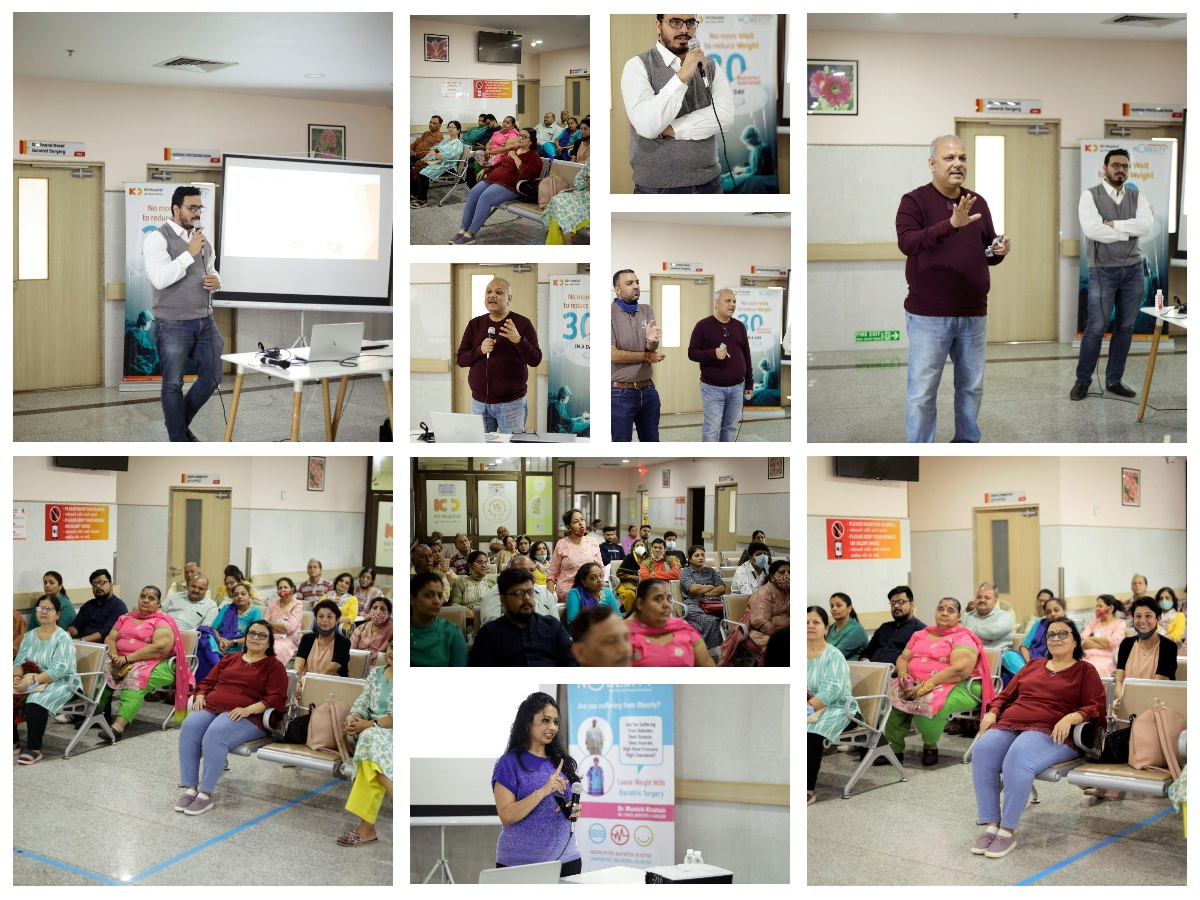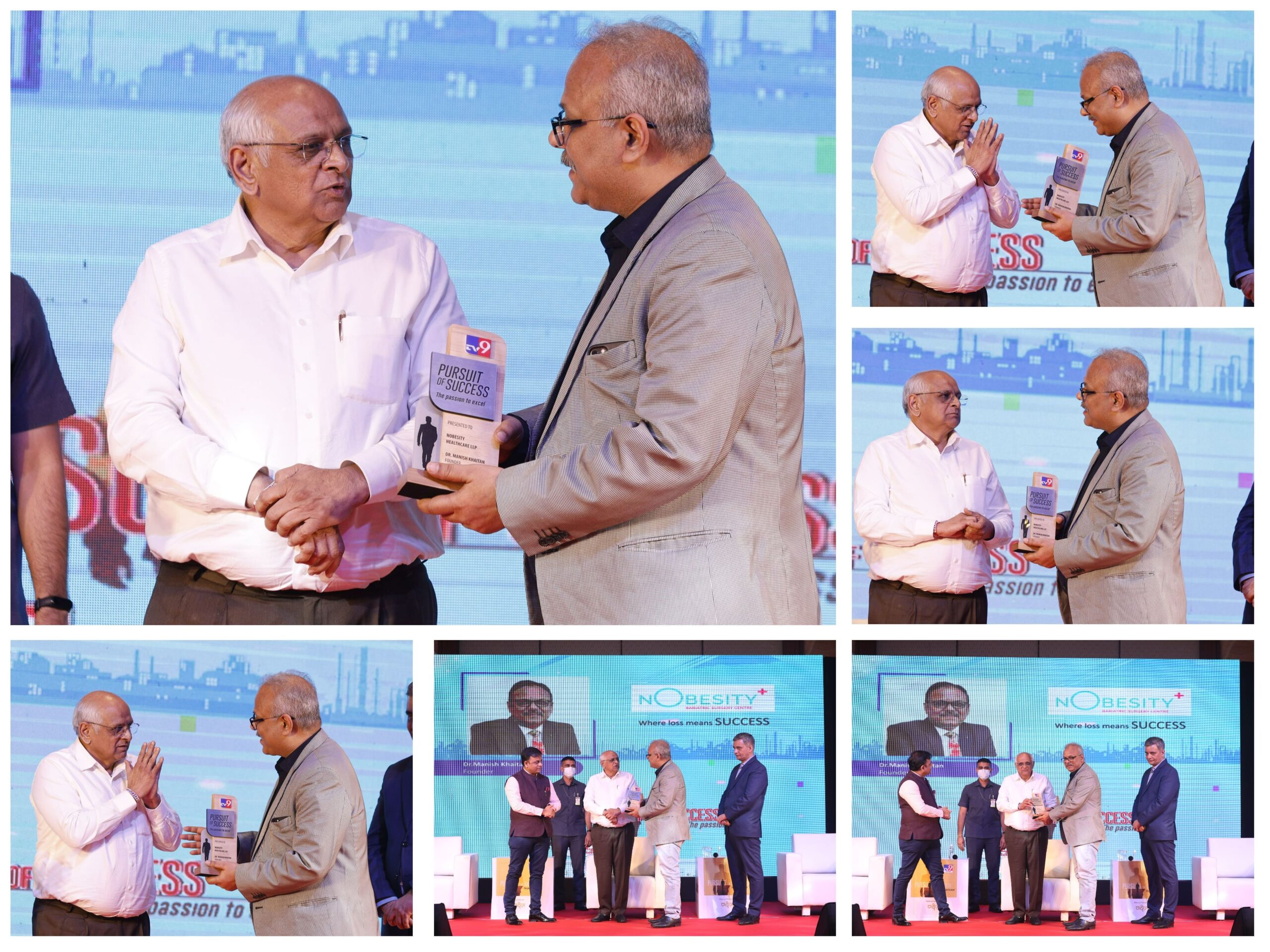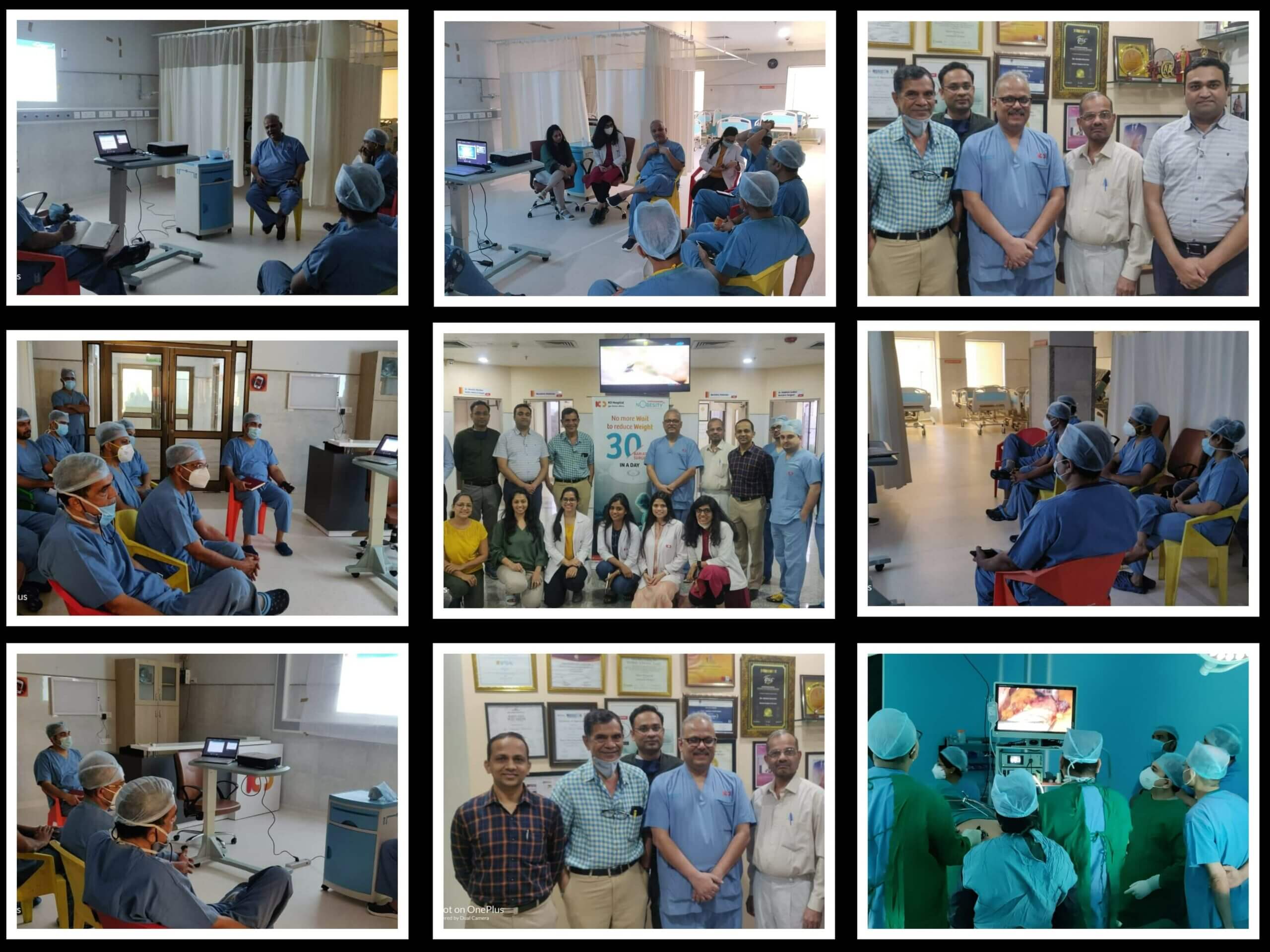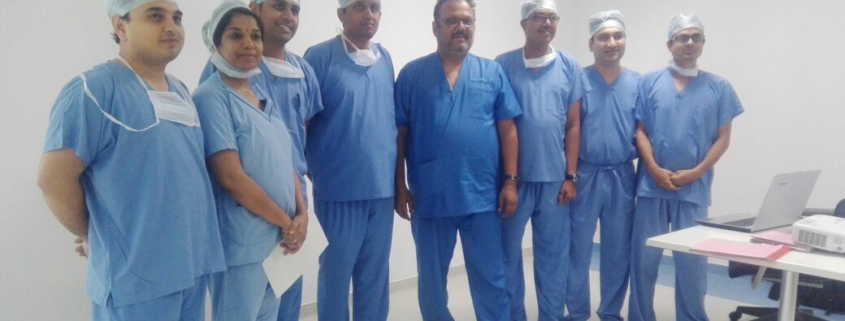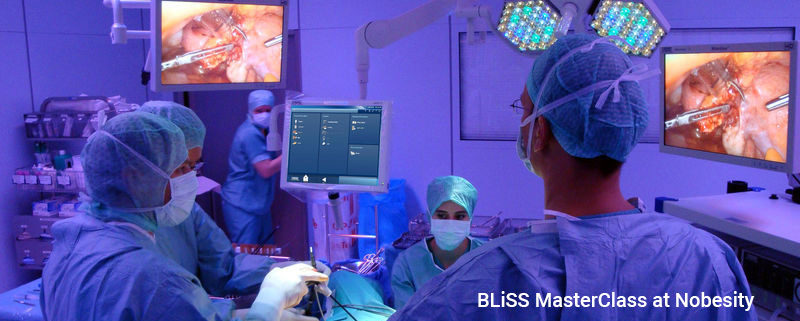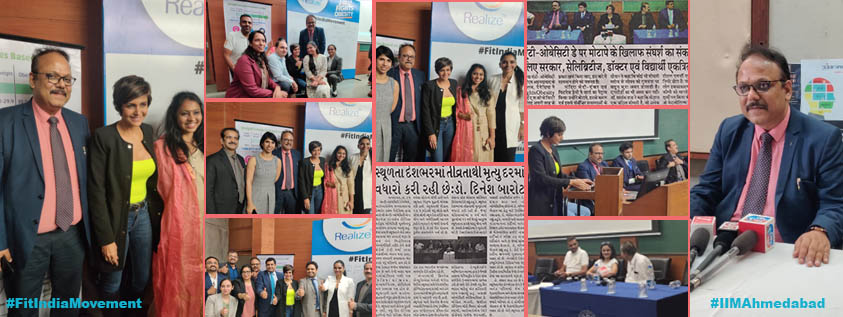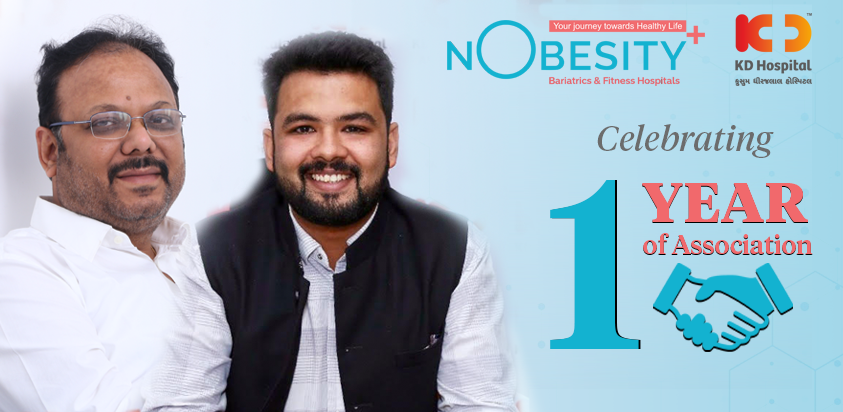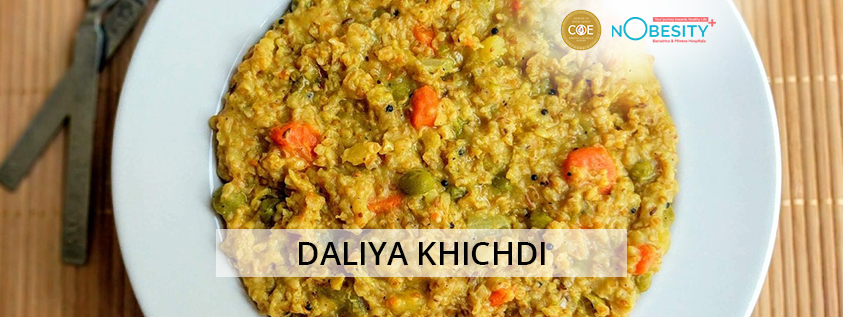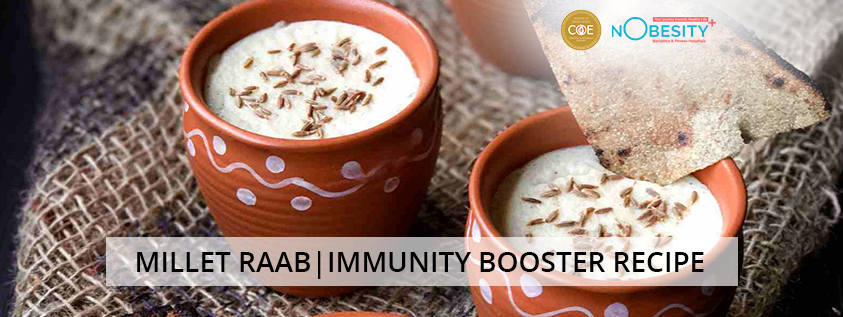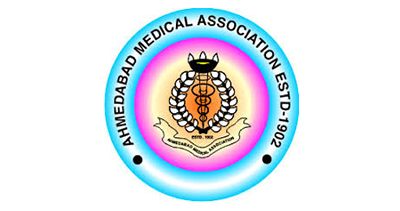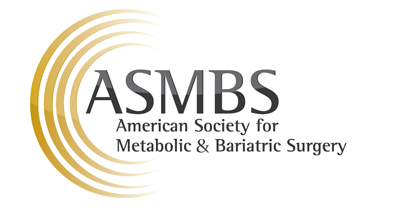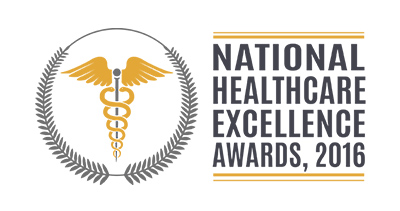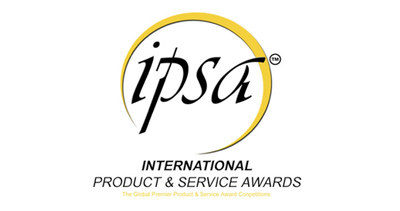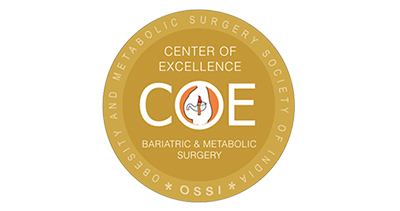ACADEMICS
POST GRADUATE FELLOWSHIP COURSE IN LAPAROSCOPIC BARIATRIC SURGERY
1. Eligibility criteria:
M.S. in General Surgery or equivalent
D.N.B in General Surgery or equivalent
2. Objective of the course:
In the last 20 years Asia has witnessed an unprecedented economic growth. This newfound affluence coupled with genetic factors have made Asians susceptible to obesity which in turn has lead to a steep rise in the incidence of non-communicable diseases like type 2 diabetes mellitus, hypertension, dyslipidemia, IHD, obstructive sleep apnea, joint pains, gout, gall stone disease, fatty liver, PCOD and so on. India currently has the dubious distinction of being the diabetic capital of the world.
Bariatric surgery is the only proven cure for morbid obesity and related disorders. Bariatric surgery was started in India in the year 1998. In last 12 years there has been a steady increase in the number of surgeries being done all across Asia. Currently more and more young surgeons are interested in pursuing bariatric surgery as a specialization. The importance of a long learning curve for this technically demanding field has been repeatedly stressed upon in the literature all over the world. As on date India lacks a formal postgraduate training program for bariatric surgery. This will be the first fellowship program in India that will offer formal training in laparoscopic bariatric surgery. The comprehensive course capsule would be a balance of operative skills, diagnosis and management of surgical complications, postoperative follow up and research.
At the end of the course the surgeon must be able to perform bariatric surgery independently and must be well versed with postoperative follow up and management of complications.
A renowned center for bariatric surgery and researches with 3 faculties, the candidate will be exposed to different surgical techniques and approaches.
3. Facilities available are:
- Standard operation theater that meets the demands of bariatric patients with special laparoscopic and bariatric equipment.
- Regular patient follow up Program involving nutritionists and counselors.
- Well-equipped ICU
- Standard teaching aids
- Physical or online library
- Regular CMEs and workshops
4. Syllabus:
Bariatric Surgery
- Epidemiology and causes of obesity
- Anatomy and Physiology of the GI tract
- Gut Hormones
- Nutrition before and after bariatric surgery
- Anesthesia concerns in obese patients
- Co morbid conditions of obesity
- Type 2 diabetes mellitus
- Hypertension
- Dyslipidemia
- Ischaemic heart disease
- Obstructive sleep apnoea
- Gout, joint pains
- PCOD, infertility
- GERD
- Gall stone disease
- Miscellaneous
- Metabolic syndrome
- Preoperative work up and investigations- rationale behind them.
- Radiology
- Postoperative oral contrast studies
- Ultrasound
- CT scan
- MRI
- Evaluation of DVT
- Basics of laparoscopy
- Adjustable gastric banding
- History
- Indications
- Contraindications
- Type of bands
- Operative steps/ Precaution and technical modification to suit revisional surgery
- Complications: early/late
- Postoperative follow up
- Sleeve gastrectomy
- History
- Indications
- Contraindications
- Operative steps
- Complications: early/late
- Postoperative follow up
- Roux en y gastric bypass
- History
- Indications
- Contraindications
- Operative steps
- Complications: early/late
- Postoperative follow up
- Duodenal switch
- History
- Indications
- Contraindications
- Operative steps
- Complications: early/late
- Postoperative follow up
- Revisional bariatric surgery
- History
- Indications
- Contraindications
- Operative steps
- Complications: early/late
- Postoperative follow up
- Bioenteric intragastric balloon insertion
- Balloon dilatation of strictures
- Stent placement
- Management of complications
- Complications and their management
- Post bariatric surgery body contouring (attendance at plastic surgery for the same is necessary)
- Basic research skills
- Surgery video editing
- Ethics
- Surgical audit
- Case presentation twice a week (a difficult surgery encountered or any typicality)
- Critical appraisal of different papers
- Writing one paper with the help of the guide and publishing in PubMedEndoscopic procedures
5. Fellowship will be awarded when:
- The candidate has undergone 1 year residency program.
- At the end of 1 year, he/she must have performed under supervision with hands on training & must be able to independently perform the following procedures:
- Laparoscopic adjustable gastric banding
- Laparoscopic sleeve gastrectomy
- Laparoscopic roux en y gastric bypass
- Laparoscopic/open management of surgical complications
- Endoscopic intra gastric balloon insertion
- Diagnostic Endoscopy
- The candidate should have completed the assigned dissertation and should have submitted at least 2 research papers for national or international publication.
- The candidate must submit a logbook of all cases assisted or performed by him during the fellowship period.
- The candidate should have attended at least one national or international conference on Obesity and Related Disorders.
6. Fellowship:
- A fellowship certificate will be issued by KD Hospital Institute after successful completion of the course and examination.
- BARIATRIC AND METABOLIC FELLOWSHIP CORE CURRICULUM FOR THE NObesity BARIATRIC CENTRE, AHMEDABAD.
Program name:
Fellowship in Bariatric and metabolic surgery
Program Location:
KD Hospital Institute, Ahmadabad, India
Program Duration:
12 months
Faculty:
Dr. Manish Khaitan , M.S., FICS, FAIGES,FALS.
Program Aim:
This program aims to enhance the delivery of metabolic surgery through well maintained standards based on an international bariatric training program recommendation required by a fellow to become an expert of Bariatric Surgery and advanced laparoscopic surgery
Eligibility:
- Post MS or DNB General surgery with 5 years’ experience in general surgery.
- Post MS and or DNB Candidate with less than 5 years’ experience had a sufficient skill in basic and intermediate laparoscopic surgery.
- Post MCh GI surgery
- For international fellow completion of the post graduation training in GS .
Objectives:
- To be familiar with the management approach in patient with obesity by getting familiar the appropriate surgical treatment modality , the preoperative management and dealing with possible early or late complications.
- To gain experience with different bariatric surgical procedure and receive mentorship through the learning curve .
- Participate in scientific activity by producing at least one publication in the field of bariatric and metabolic surgery .
- Participate in teaching session of junior colleague and allied health care professionals .
Cognitive skills:
It is obligatory that NObesity Bariatric Center fellows and at least one faculty attend these Educational Sessions:
- Epidemiology of Obesity
- History of Bariatric surgery
- Physiology and Interactive Mechanisms in Morbid Obesity
- Preoperative Evaluation of the Bariatric Patient
- Psychology of the Morbidly Obese Patient
- Postoperative Management of the Bariatric Patient
- Laparoscopic Adjustable Banding
- laparoscopic sleeve gastrectomy
- Gastric Bypass
- Bilio-pancreatic Diversion/Duodenal Switch
- Revisional Weight Loss Surgery
- Managing Postoperative Complications
- Nutritional Deficiencies
- Obesity in Childhood and Adolescence
- Outcomes of Bariatric Surgery
- Role of Endoscopy in Bariatric Surgery
Clinical Skills:
- History and examination of the obese patient
- Interpretation of investigations in the obese patient
- Preoperative evaluation and optimization
- Consult with non-surgical specialist when needed
- Recommend the most suitable surgical approach and consult the patient regarding the advantages and disadvantages of the allocated procedure.
- Assessment of the post-operative bariatric patient by participating in the ward round and in the post op outpatient evaluation .
- Management decisions for early and late complications of bariatric Surgery
Technical Skills (surgical operation):
In order to meet the designation of comprehensive training, fellows must be exposed to more than one type of weight loss operation and participate in at least 100 weight loss operations
The fellow should have assumed the role of primary surgeon in at least 51% in 100 cases by having performed the key components of the operation according to planned steps.
After fulfilling the standards, the fellow may be able to perform autonomously 20 LSG ,10 RYGB surgeries and Minimum 50 cases of stapling/anastomotic operations.
The fellow should also expose to other modalities such as gastric banding and balloon insertion.
Assisting In at least 10 revision procedures and bariatric specific emergency procedures ( bowel obstruction , leak and internal herniation).
Fellows should also have an exposure to endoscopy and endoscopic related complication management such as stent insertion.
Logbook (per 12 months):
Log book should be maintained during the training period , it will be required at the end of fellowship program for final evaluation.
Declaration:
This document has been drafted on behalf of NObesity Bariatric Center. The outline of the curriculum is based on Bariatric and Metabolic Fellowship Core Curriculum for the RCS
National Surgical Fellowship Scheme(1) and influence from the American Society for Metabolic and Bariatric Surgery Advanced GI Surgery Curriculum for Bariatric Surgery Fellowship (2)
